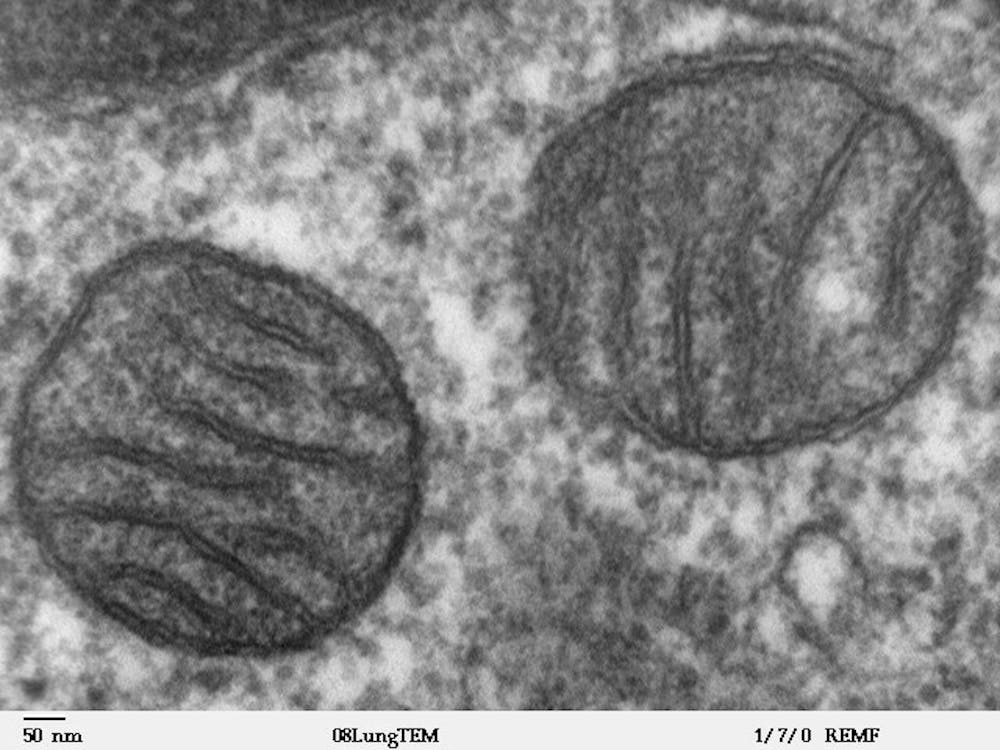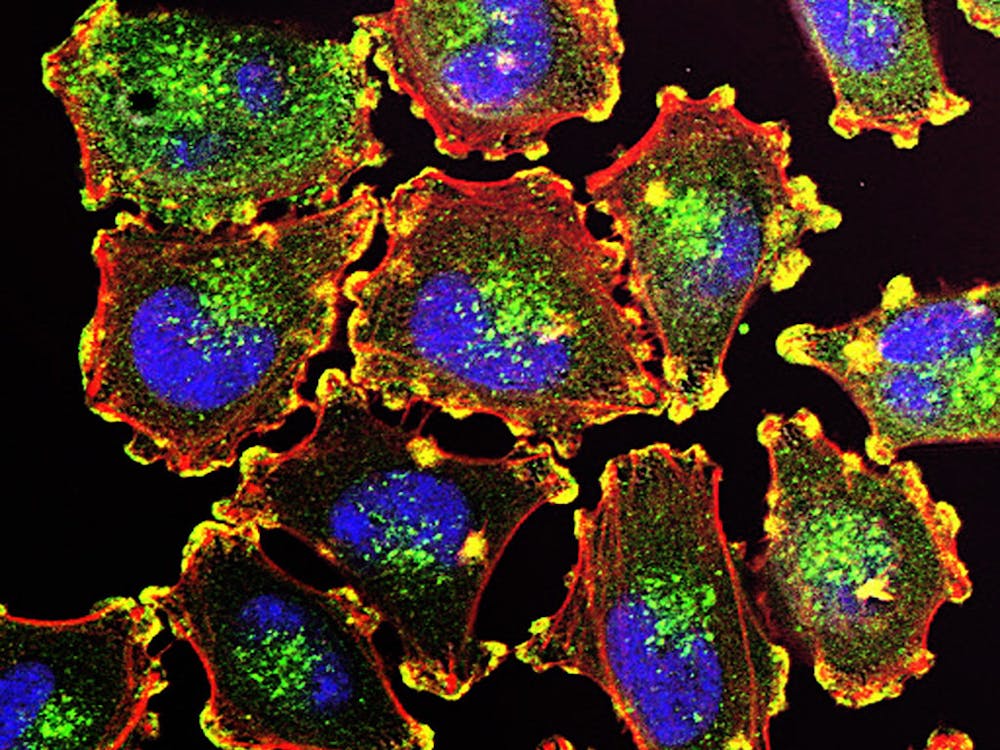Studying mitochondrial DNA may be the key to unlocking autism spectrum disorder (ASD) risk. New research suggests that mutations in mitochondrial DNA (mtDNA) may correlate with neurodevelopmental disorders like ASD.
In the study conducted by Cornell University researchers and published in PLOS Genetics on Oct. 28, Zhenglong Gu and his colleagues found a greater number of mitochondrial mutations in 903 children diagnosed with ASD than in their family members. In fact, they discovered that children with ASD, on average, exhibited more than twice as many potentially harmful mitochondrial mutations than their relatives did.
In addition, they observed both mutant and normal DNA sequences residing in the same cells and concluded that mutations could result from either maternal inheritance or spontaneous mutation.
The researchers’ findings seem to suggest there is a genetic relationship between mtDNA and ASD.
In fact, mitochondrial dysfunction may help explain why children diagnosed with ASD suffer from other comorbid conditions. When mitochondria, cell organelles that are essential to metabolism, exhibit abnormalities, metabolic disorders such as amino acid metabolism and cholesterol disorders may develop. Indeed, children diagnosed with ASD generally have a higher prevalence of these disorders.
Gu and his colleagues also noted that children with a lower IQ and poor social behavior were at the highest risk for harmful mutations that inhibited physical functioning.
The findings of the Cornell study align with previous studies on the relationship between ASD and mitochondrial defects. One 2009 study, conducted by Dr. Richard Kelley, a researcher in the Division of Metabolism at the Kennedy Krieger Institute, showed that mitochondrial complex I is a common cause of regressive autism.
Other studies like “Genetics and Mitochondrial Abnormalities in Autism Spectrum Disorders: A Review,” published in Current Genomics in 2011, also indicate that defects in mtDNA can be an indicator of future developmental disorders.
However, the role of mtDNA defects in ASD is unclear.
“Since many neurodevelopmental disorders and related childhood disorders show abnormalities that converge upon mitochondrial dysfunction and may have mtDNA defects as a common harbinger, future research is needed to elucidate the mitochondrial mechanisms underpinning to these diseases,” Gu said in a press release.
Researchers hope that investigating mutated DNA sequences may one day lead to earlier diagnoses and the development of new treatments for similar neurodevelopmental disorders that would target mitochondria.























Please note All comments are eligible for publication in The News-Letter.